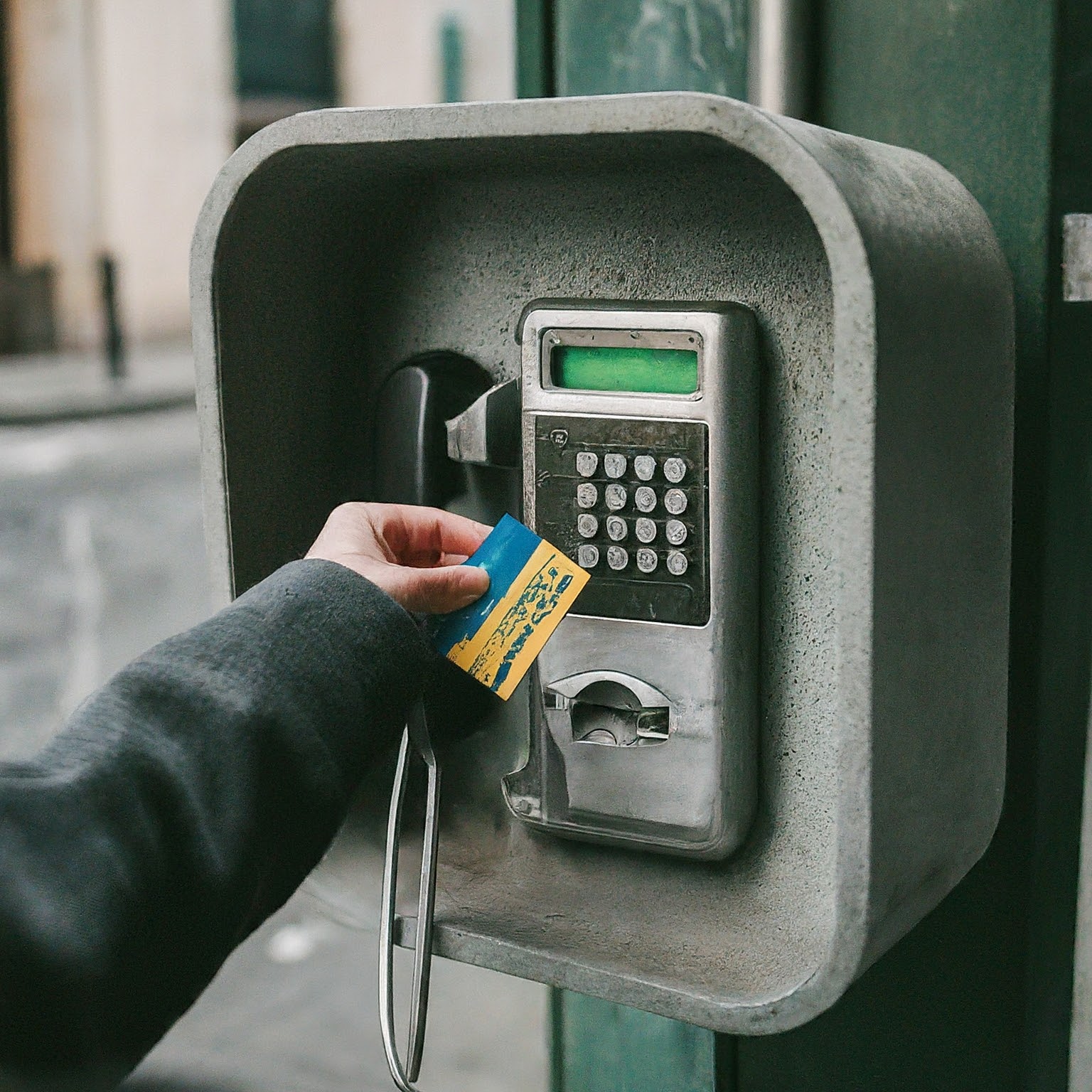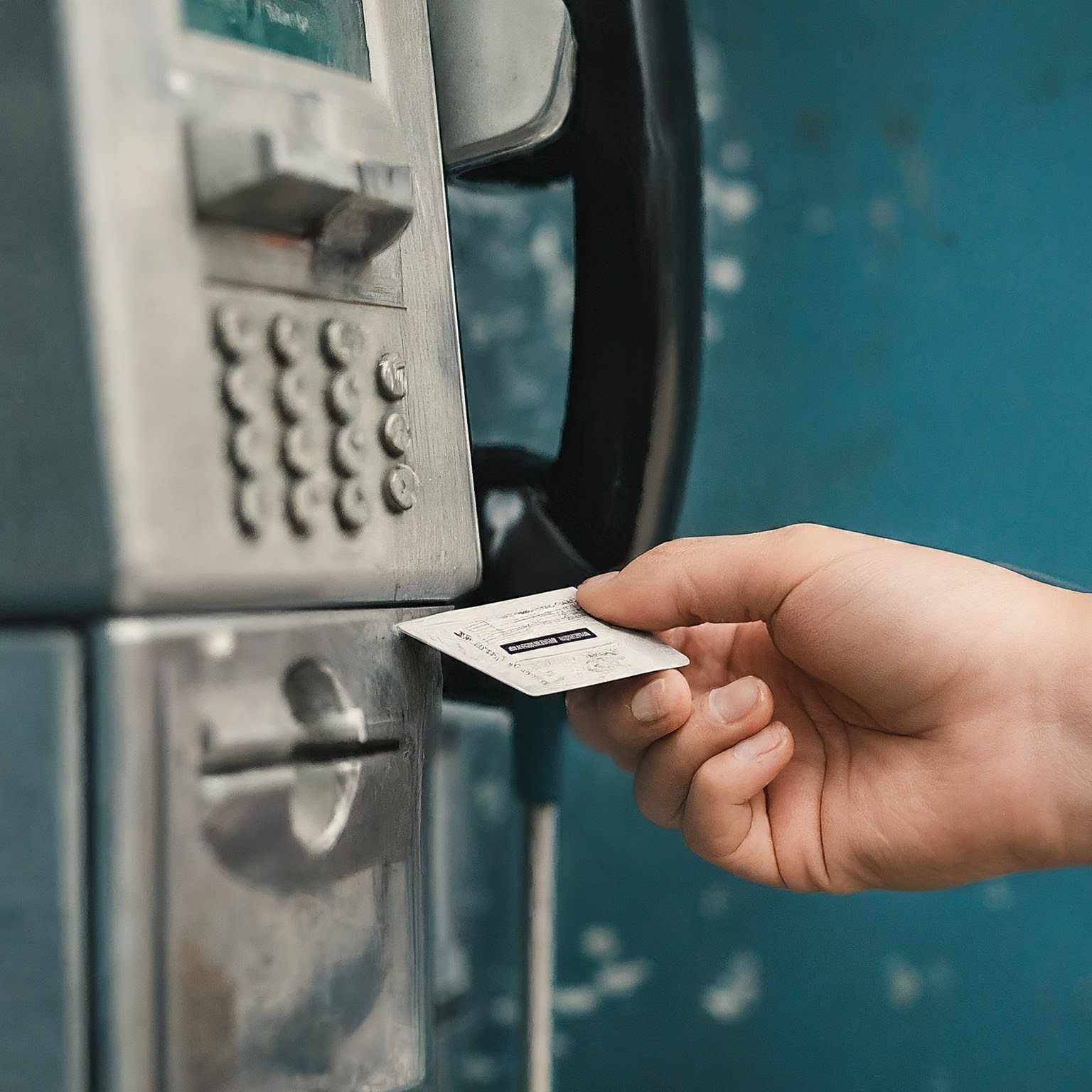In today’s fast-paced world, financial flexibility and control are paramount. Prepaid cards and services have emerged as popular alternatives to traditional credit and debit cards, offering a range of benefits for consumers and businesses alike. This article delves into the world of prepaid options, exploring their advantages, types, and how they can enhance your financial management.

Understanding Prepaid Cards
A prepaid card is a payment card with a stored value that can be used for purchases and withdrawals. Unlike credit cards, which extend credit, prepaid cards operate on a “use it as you load it” principle. This means you can only spend the amount of money you’ve added to the card.
Benefits of Using Prepaid Cards
- Budgeting Control: Prepaid cards promote responsible spending by preventing overspending. You can only use the funds loaded onto the card.
- Fraud Protection: Since prepaid cards are not linked to your bank account, they offer an added layer of protection against fraud.
- Building Credit: Some prepaid cards report your spending habits to credit bureaus, which can help build or improve your credit score.
- Convenience: Prepaid cards can be used for both online and offline purchases, making them a convenient payment option.
- Accessibility: Prepaid cards are often available to individuals without traditional bank accounts, providing financial inclusion.
Types of Prepaid Cards
- General-Purpose Reloadable (GPR) Cards: These versatile cards can be loaded with funds and used for various purchases, including online shopping, bill payments, and ATM withdrawals.
- Gift Cards: Designed for specific retailers or brands, gift cards offer a convenient way to give and receive gifts.
- Payroll Cards: Employers use payroll cards to directly deposit employee wages, providing a secure and efficient payment method.
- Government Benefits Cards: These cards are used to distribute government benefits, such as food stamps and unemployment benefits.
How to Choose the Right Prepaid Card
Selecting the best prepaid card depends on your specific needs and preferences. Consider the following factors:
- Fees: Some prepaid cards charge activation fees, monthly maintenance fees, or fees for ATM withdrawals.
- Reload Options: Evaluate the available methods for adding funds to the card, such as cash, debit card, or direct deposit.
- Customer Service: Choose a provider with reliable customer support in case of issues or inquiries.
- Security Features: Look for cards with advanced security features like chip technology and fraud protection.
Tips for Using Prepaid Cards Wisely
- Set a Budget: Determine how much money you want to load onto the card and stick to your spending plan.
- Monitor Your Balance: Regularly check your card balance to avoid overspending.
- Protect Your Card: Treat your prepaid card like cash and keep it safe.
- Consider Alternatives: While prepaid cards offer many benefits, they may not be suitable for everyone. Explore other payment options if necessary.
The Future of Prepaid
The prepaid card industry continues to evolve, with new features and innovations emerging. Mobile wallets and digital payment platforms are integrating prepaid card functionality, offering greater convenience and flexibility. Additionally, prepaid cards are playing an increasingly important role in financial inclusion, providing access to financial services for underserved populations.

Conclusion
Prepaid cards have become a valuable financial tool for individuals and businesses alike. By understanding the different types of prepaid cards, their benefits, and how to use them wisely, you can make informed decisions and maximize the advantages they offer.